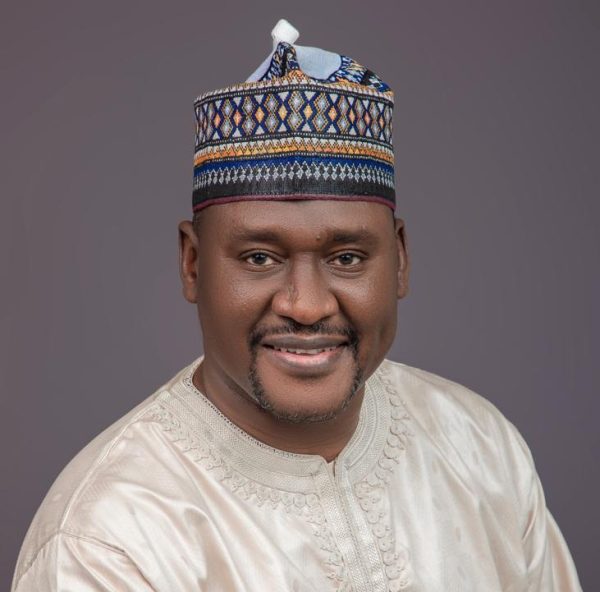Nigeria’s fight against corruption saw marginal progress in 2024, according to the latest Corruption Perceptions Index (CPI) released by Transparency International (TI) through its Nigerian chapter, the Civil Society Legislative Advocacy Centre (CISLAC).
The report, launched by the Executive Director of CISLAC, Auwal Rafsanjani in Abuja on Tuesday, shows Nigeria’s score improving slightly from 25 to 26 out of 100, moving up five places in global rankings from 145th to 140th out of 180 countries.
While this progress signals some improvement, CISLAC warns that systemic corruption remains deeply entrenched, particularly in the judiciary, security sector, oil industry, and government procurement processes.
The report attributes Nigeria’s modest improvement to several factors, including increased Anti-Corruption Prosecutions: More high-profile cases are being investigated and prosecuted, with agencies like the EFCC and ICPC making progress in asset recovery; Improved Asset Repatriation: Nigeria successfully recovered stolen assets, including the $52.88 million looted by former oil minister Diezani Alison-Madueke; Civil Society and Media Advocacy: Investigative journalism and civil society organizations have played a key role in exposing corruption and pushing for reforms, and Government Digitization: The introduction of e-governance solutions has enhanced transparency in tax collection and procurement.
Challenges
Despite these gains, the CPI highlights serious challenges that continue to erode public trust:
- Judicial Corruption: Reports indicate 20% of Nigerians interacting with the judiciary faced bribery demands, undermining justice delivery.
- State Capture and Nepotism: Government appointments are often based on political or ethnic ties rather than merit, fostering inefficiency and corruption.
- Oil Theft and Subsidy Fraud: Billions in revenue continue to be lost due to weak oversight and fraudulent practices.
- Corruption in the Power Sector: Despite huge investments, Nigerians endure frequent electricity tariff hikes and unreliable power supply.
- Tax Evasion and Selective Tax Waivers: While ordinary Nigerians bear multiple taxation burdens, multinational corporations and elites enjoy questionable tax waivers, leading to significant revenue losses.
- Shrinking Civic Space: Increasing crackdowns on journalists, activists, and whistleblowers threaten Nigeria’s democratic accountability.
- Weak Political Integrity: Allegations of bribery and extortion within the National Assembly continue to raise concerns over budget oversight and campaign financing.
- Security Sector Corruption: Wasteful expenditures and political misuse of security agencies undermine national security efforts.
- Lack of Transparency in Public Institutions: Many government bodies fail to comply with the Freedom of Information Act, leaving key contracts and expenditures hidden from public scrutiny.
Recommendations
CISLAC calls on the government to:
- Ensure independent and well-funded anti-corruption agencies free from political interference.
- Strengthen judicial oversight and enforce transparent asset declaration for public officials.
- Enhance accountability in public procurement, including full digitization and public access to contracts.
- Pass the Whistleblower Protection Bill to safeguard those exposing corruption.
- Reform Nigeria’s electoral system to restore public trust.
- Ensure that security agencies remain apolitical and are not used for political vendettas.
CISLAC emphasized that this CPI serves as a benchmark for President Tinubu’s administration, urging stronger reforms to fight corruption, protect public funds, and improve governance.
“The fight against corruption must go beyond rhetoric. It requires decisive actions to build trust and restore Nigeria’s integrity,” said Auwal Ibrahim Musa (Rafsanjani), Executive Director of CISLAC.


